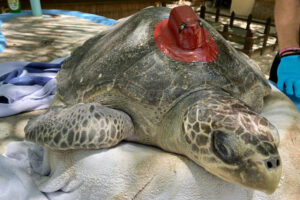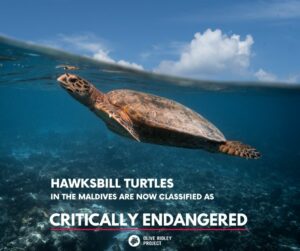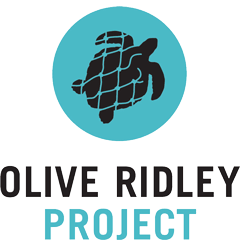Sea Turtle BeachGuardian Programme – Collective action to Protect L. Gaadhoo
Historically, L. Gaadhoo set an example for managing and monitoring natural resources locally with the active involvement of the community. Through our Sea Turtle Beach Guardian Programme in Laamu Atoll, we are hopeful that community members will once again take an active role in sea turtle conservation in the atoll.











